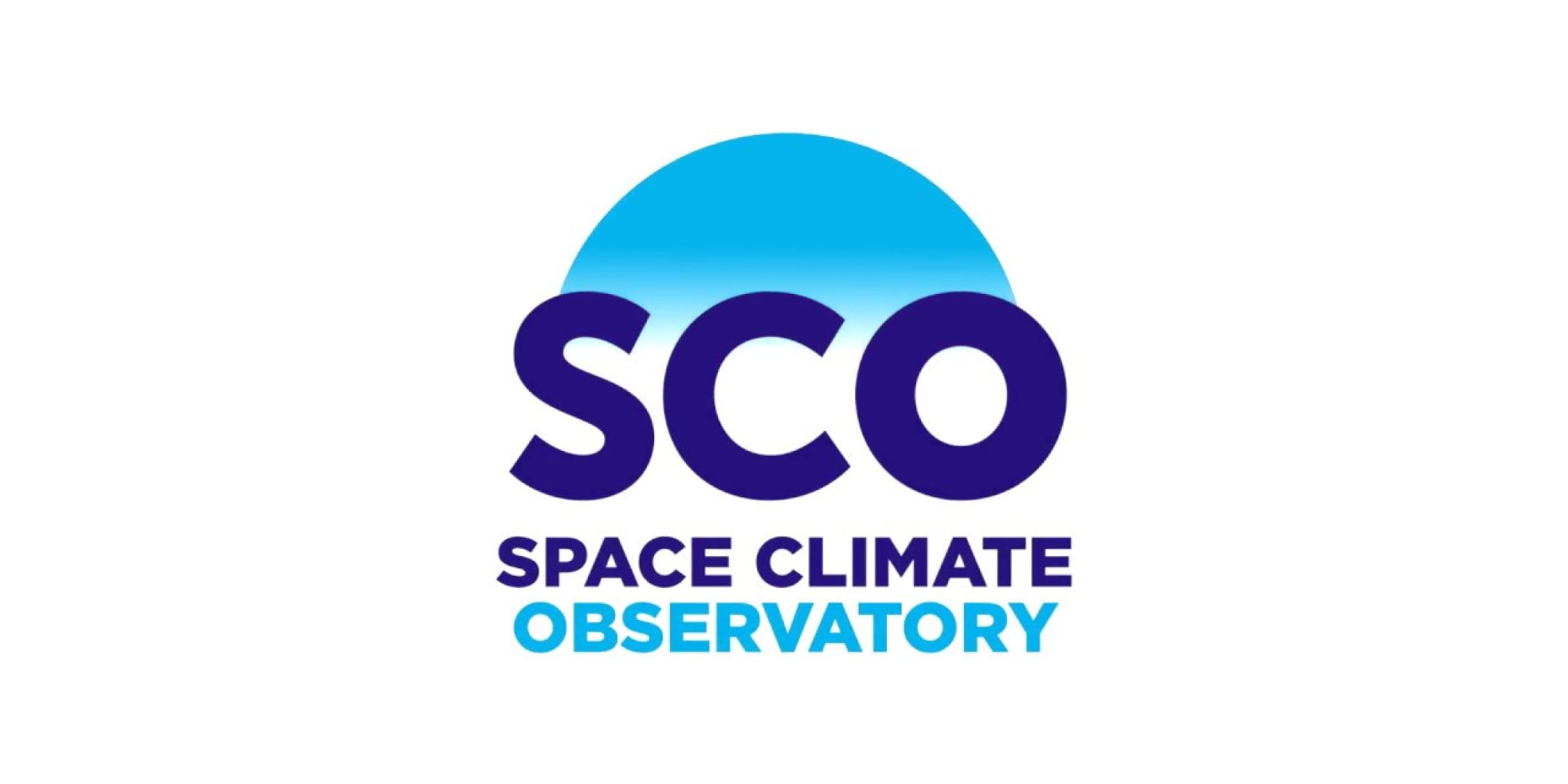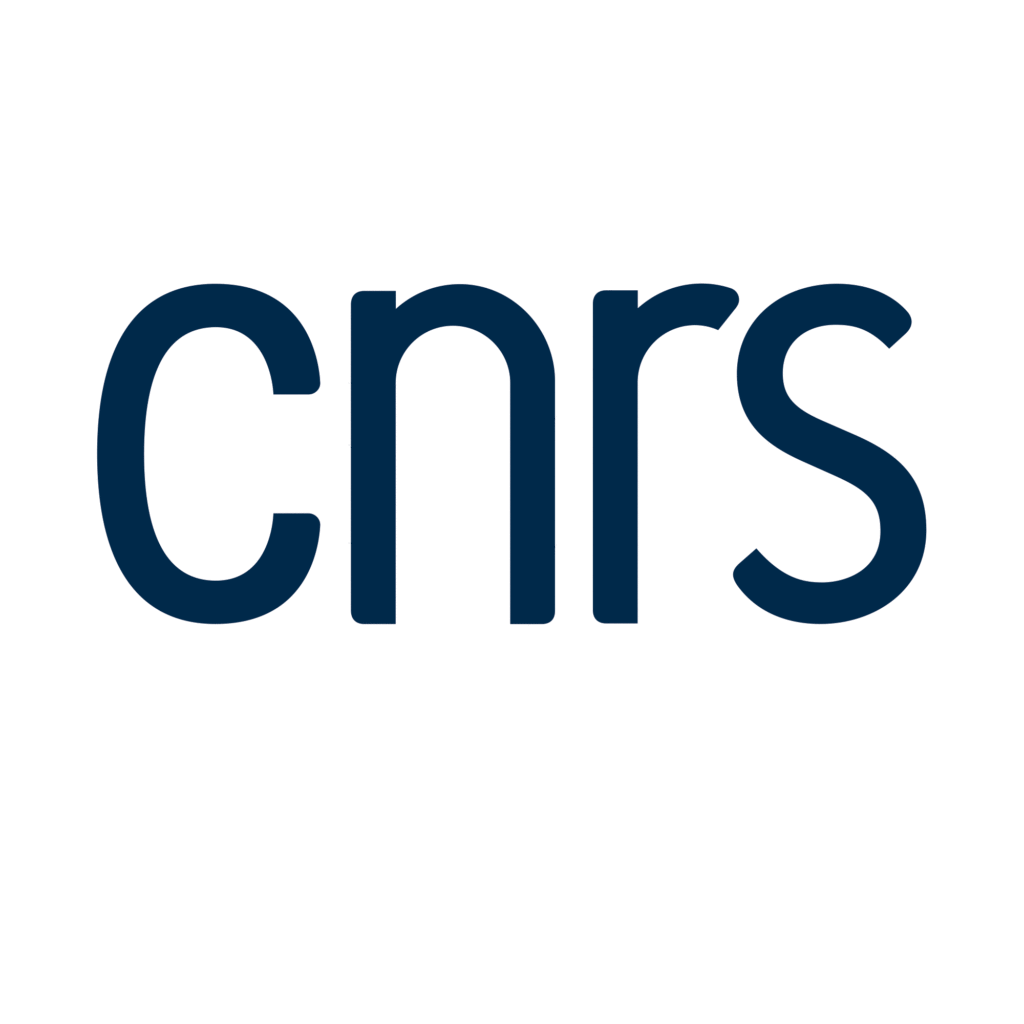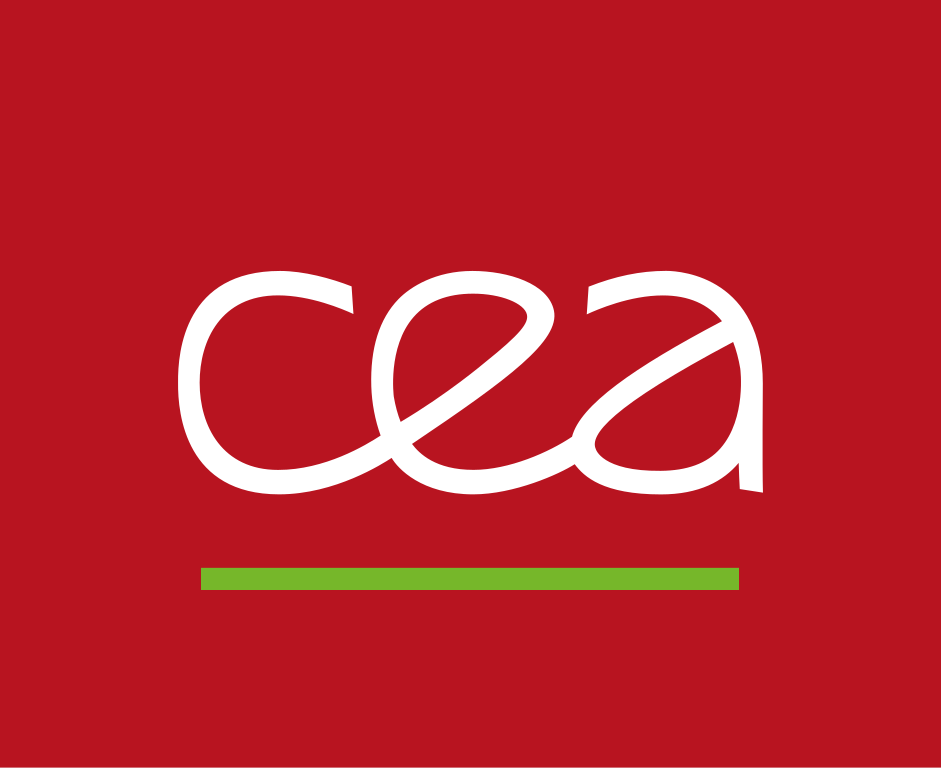All subject areas connected to the multiple impacts of climate change are eligible for accreditation. The SCO label has already been awarded to 15 projects after a first call earlier this year. Following a second call for projects focusing on biodiversity, the SCO is now seeking to cast its net wider and accredit new international projects in 2021.
The full call for projects is available on the SCO website at: https://www.spaceclimateobservatory.org/international-call-sco-projects-2021-submit-now
The SCO was officially launched by French President Emmanuel Macron in June 2019 at the Paris Air Show. Federating 27 space agencies—including https://fscience-old.originis.fr/wp-content/uploads/2023/06/GLOC_Oslo_Norway_S2_27juillet2022_web-2-1.jpg as its initiator—and international organizations, it constitutes one of the 12 commitments of the One Planet Summit. The SCO addresses the need for closer international coordination to gauge and precisely closely monitor the impacts of climate change, leveraging satellite and in-situ data combined with local socio-economic information.
The SCO label is awarded to projects proposing operational tools that enable local stakeholders to understand and model the consequences of climate change in their region. These tools are designed to be shared between signatory nations and tailored to users’ precise needs. The SCO is thus an instrument of international cooperation that ties in with the Paris Agreement and the UN Sustainable Development Goals.
SCO France, the French offshoot of the observatory, is built around 22 French institutions sustaining a national network designed to federate the scientific community, government bodies and firms in pursuit of the SCO goals.

